Rice Payasam or Tandlacho Payas with step by step photos and instructions.
Rice payasam or Tandlacho Payas (in Konkani) is a delicious, flavourful and irresistible dessert. It is a very traditional sweet made using minimal and easily available ingredients in the pantry. It is prepared during festivals, religious occasions, ceremonies etc. We prepare it on the next day of Ganesh Chaturthi i.e. Panchami as a naivedhyam to Lord Shiva as it is his favourite sweet.
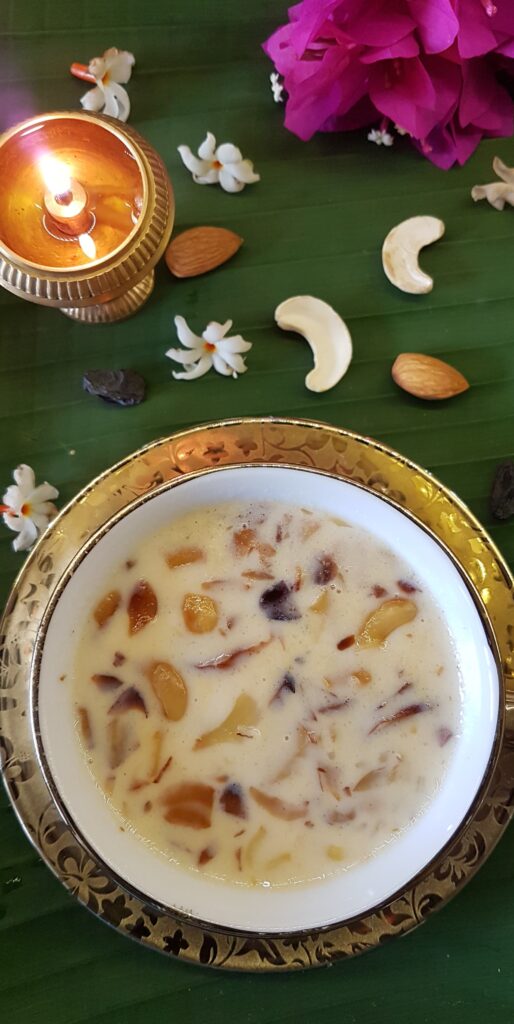
This recipe slow cooks rice, milk and sugar to form a thick, creamy texture. Dry fruits and nuts enhance its flavour. However, it is the addition of the turmeric leaf (haldi paan) that infuses it with a distinct flavour and aroma. Turmeric leaves have sweet, earthy smell of their own which is very enticing.
If you do not have turmeric leaves, use cardamom powder instead. However this payasam tastes awesome with turmeric leaves.
Tips to prepare payasam
- Rice – Use preferably any short-grain rice for this recipe. Rice payasam has to be slightly thick. Short-grain rice has characteristics of becoming sticky, mushy and soft upon cooking. This is what is exactly required for making a delectable payasam. Do not use basmati rice as it is long-grain rice and will be drier and fluffy after cooking.
- Milk – Use full-fat milk for best results. This will yield a creamier, thick and rich payasam.
- Sugar – You can adjust the sugar as per your taste.
- Pan/Utensil – Use a thick-bottomed pan to prevent burning of payasam. Also a wide pan will aid in easy stirring.
- Turmeric leaf – Do not cut or shred the leaf while adding it to the payasam. Just tie a knot and drop it. It will be easier to remove the whole leaf later on.
- Serving suggestion – You can serve rice payasam hot or chilled.
How to make rice payasam?
- Take milk in a rinsed pot and heat it. Rinsing the pot will prevent scorching of milk at the bottom. Allow it to come to a boil. Stir in between to prevent cream from forming on top. Let the milk simmer on low flame. Reduce the volume of milk to 3/4th.
2. While the milk simmers let us roast the nuts. Heat ghee in a pan. Add raisins and fry till they swell up. Remove and keep aside in a plate.
3. Next add cashew nuts and sliced almonds. Fry till golden. Remove and keep in a plate.
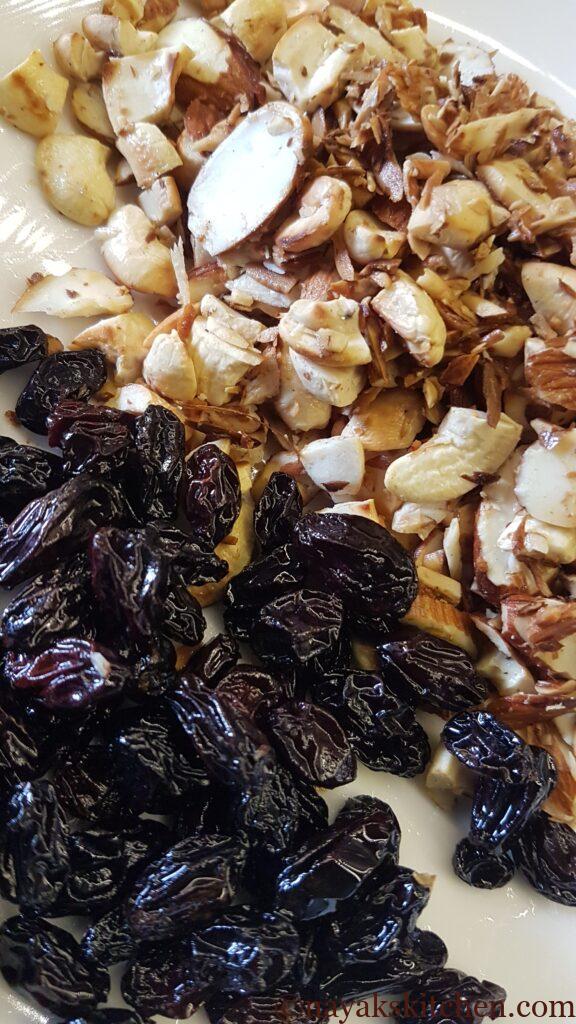
4. Now take rice in a thick bottomed and wide pan. Wash it with fresh water.
5. Add water and allow it to boil on high flame. Once it starts boiling reduce the flame to medium and cook the rice.
6. Cook till the rice is mushy and very soft. If the water dries up add a little more. This may vary with different kinds of rice. Add simmered milk and stir well. Cook on medium flame and keep stirring in between.
7. Take a pinch of food colour (saffron/kesari) and add a teaspoon of milk and keep ready.
8. Add sugar, roasted nuts and food colour to the payasam. Keep cooking on low-medium flame till the payasam starts getting thicker.
9. Knot the turmeric leaf and drop it in the payasam. Cook further till a nice aroma is released and the payasam becomes thicker.
10. Serve rice payasam or tandlacho payas hot or chilled.
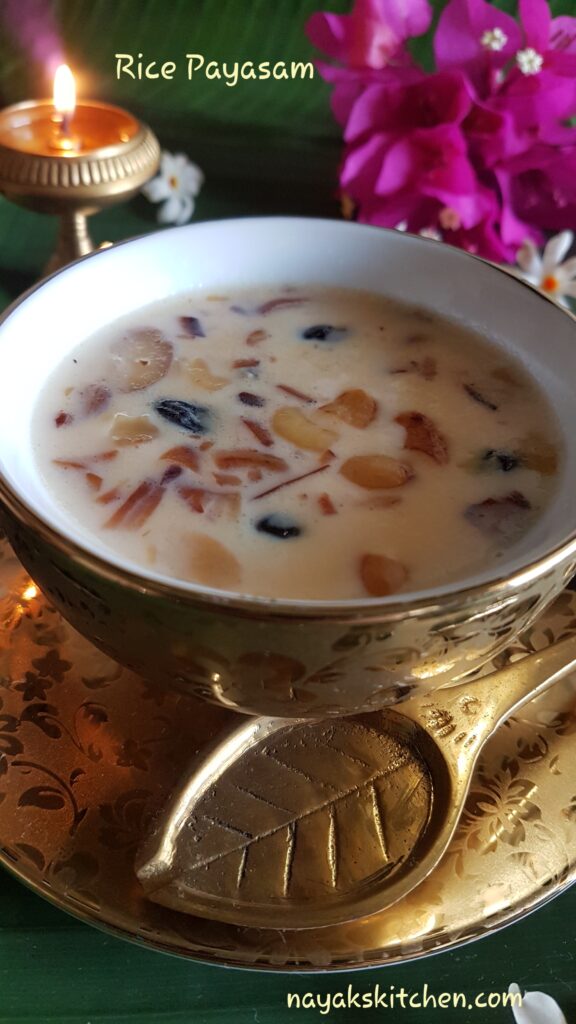
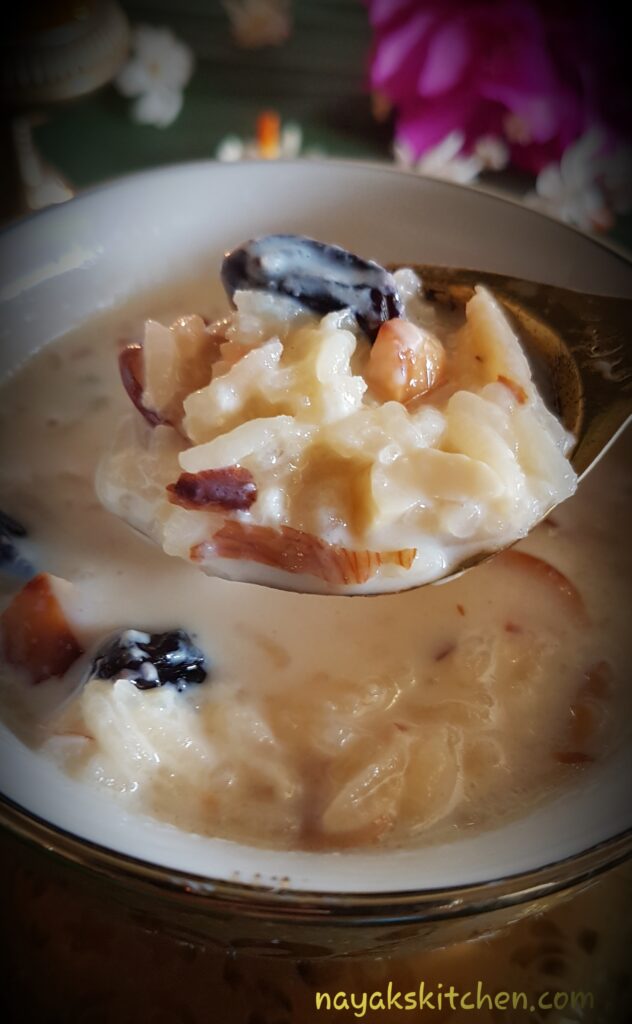
Rice Payasam | Tandlacho Payas | Rice Pudding
Course: Home, Indian SweetsCuisine: IndianDifficulty: Medium6
people1
hourRice Payasam is a sweet prepared using rice, milk, assorted nuts, sugar and the quintessential turmeric leaf.
Ingredients
1 cup = 250 ml
1 tbsp = 15 ml
1 tsp = 5 ml
Rice (any short-grain rice) – 1/2 cup
Milk (full-fat) – 1 and 1/2 litre
Sugar – 1and 1/4 cup or as per taste
Water – 2 and 1/2 cups (for cooking rice)
Turmeric leaf – 1 no.
Food colour (kesari) – a pinch mixed in 1 tsp of milk
Ghee – 1 tsp (to fry nuts)
- Dry fruits (1/2 cup)
Cashewnuts – roughly chopped
Almonds – roughly chopped or slivered
Black raisins
Directions
- Take milk in a rinsed pot and heat it. Rinsing the pot will prevent scorching of milk at the bottom. Allow it to come to a boil. Stir in between to prevent cream from forming on top. Let the milk simmer on low flame. Reduce the volume of milk to 3/4th.
- While the milk simmers roast the nuts. Heat ghee in a pan. Add raisins and fry till they swell up. Remove and keep aside in a plate.
- Next add cashew nuts and slivered or sliced almonds. Fry till golden. Remove and keep in a plate.
- Now take rice in a thick bottomed and wide pan. Wash it with fresh water.
- Add water and allow it to boil on high flame. Once it starts boiling reduce the flame to medium and cook the rice.
- Cook till the rice is mushy and very soft. If the water dries up add a little more. This may vary with different kinds of rice. Add simmered milk and stir well. Cook on medium flame and keep stirring in between.
- Take a pinch of food colour (saffron/kesari) and add a teaspoon of milk and keep ready.
- Add sugar, roasted nuts and food colour to the payasam. Keep cooking on low-medium flame till the payasam starts getting thicker.
- Knot the turmeric leaf and drop it in the payasam. Cook further till a nice aroma is released and the payasam becomes thicker.
- Serve rice payasam or tandlacho payas hot or chilled.
Notes
- Short-grain rice has characteristics of becoming sticky, mushy and soft upon cooking. Do not use basmati rice as it is long-grain rice and will be drier and fluffy after cooking.
- Use full-fat milk for best results. This will yield a creamier, thick and rich payasam.
- You can adjust the sugar as per your taste.
- Use a thick-bottomed pan to prevent burning of payasam. Also a wide pan will aid in easy stirring.
- Do not cut or shred the leaf while adding it to the payasam. Just tie a knot and drop it. It will be easier to remove the whole leaf later on.
- If you do not have a turmeric leaf use a teaspoon of cardamom powder instead. However turmeric leaf infuses a distinct aroma to the payasam.
- This recipe can be doubled or tripled.
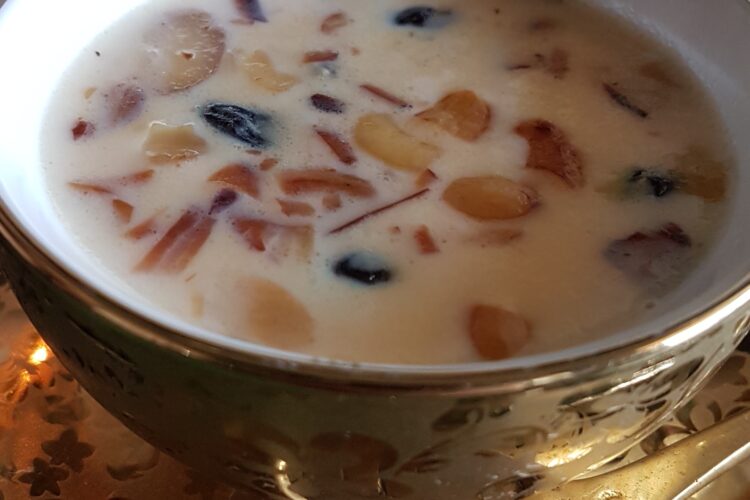
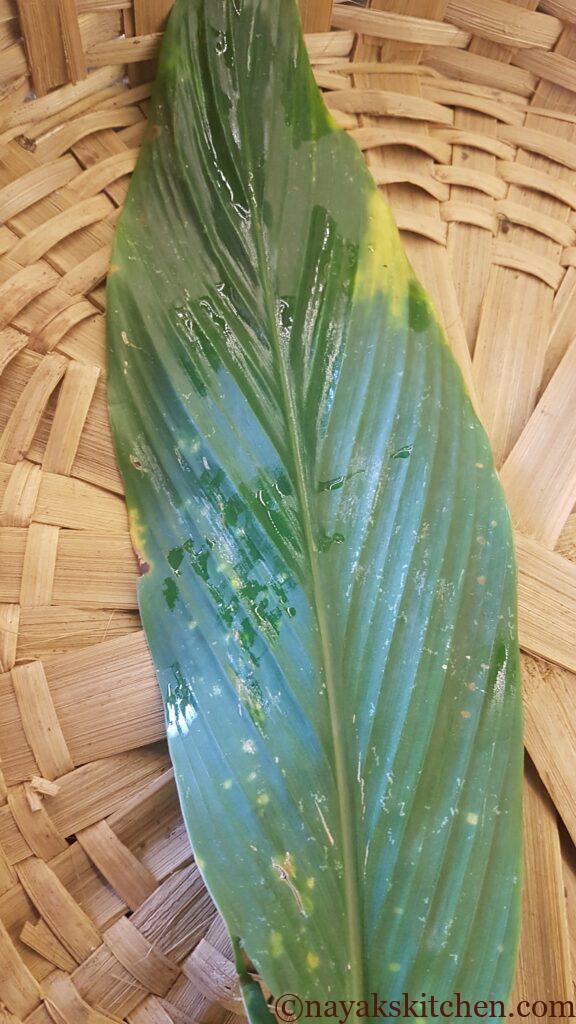
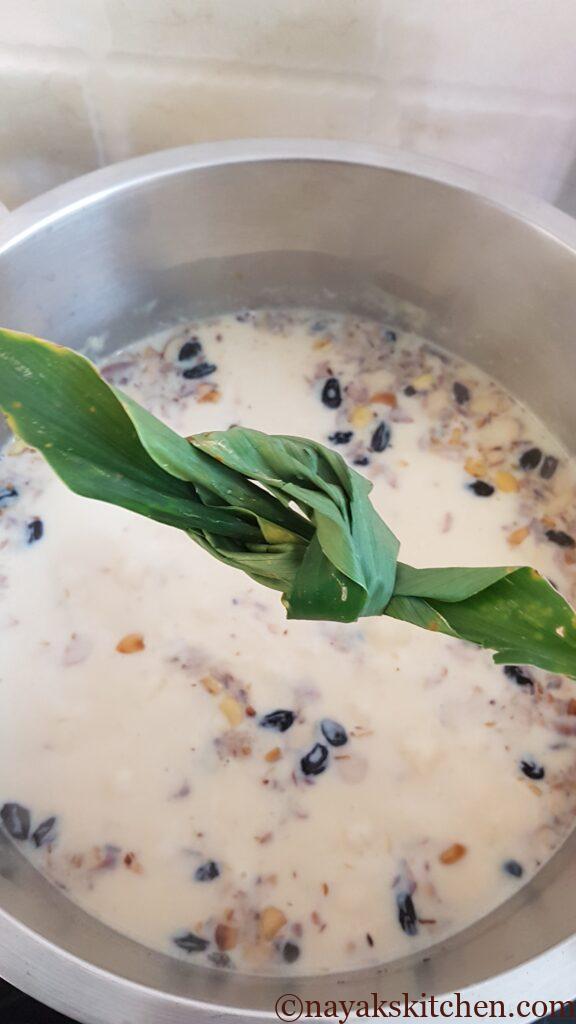
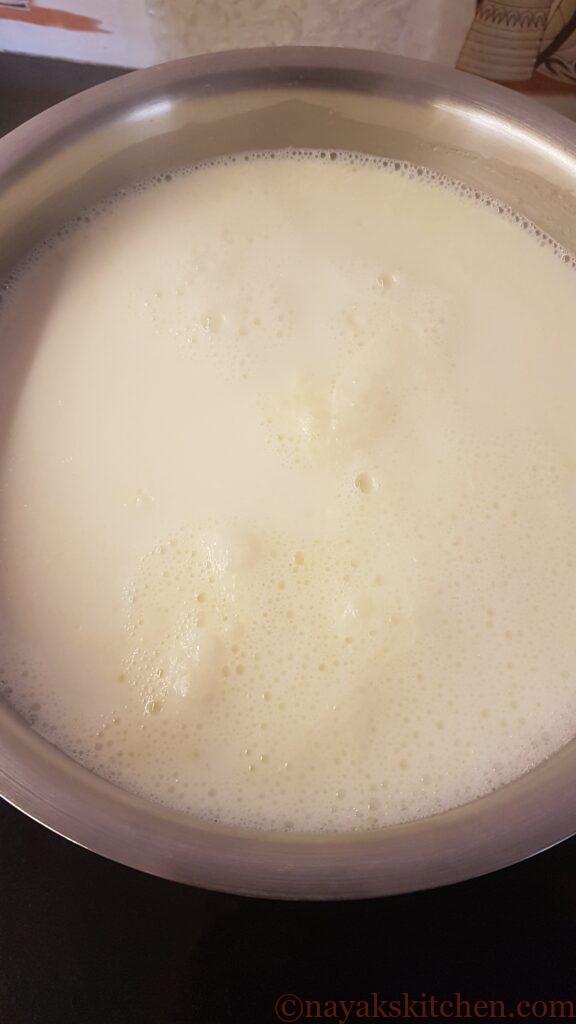
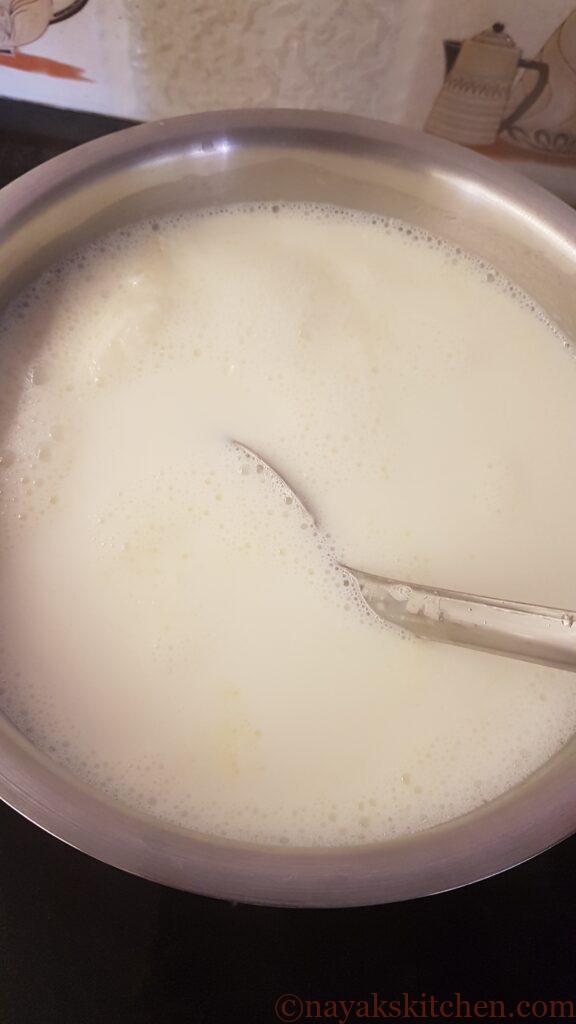
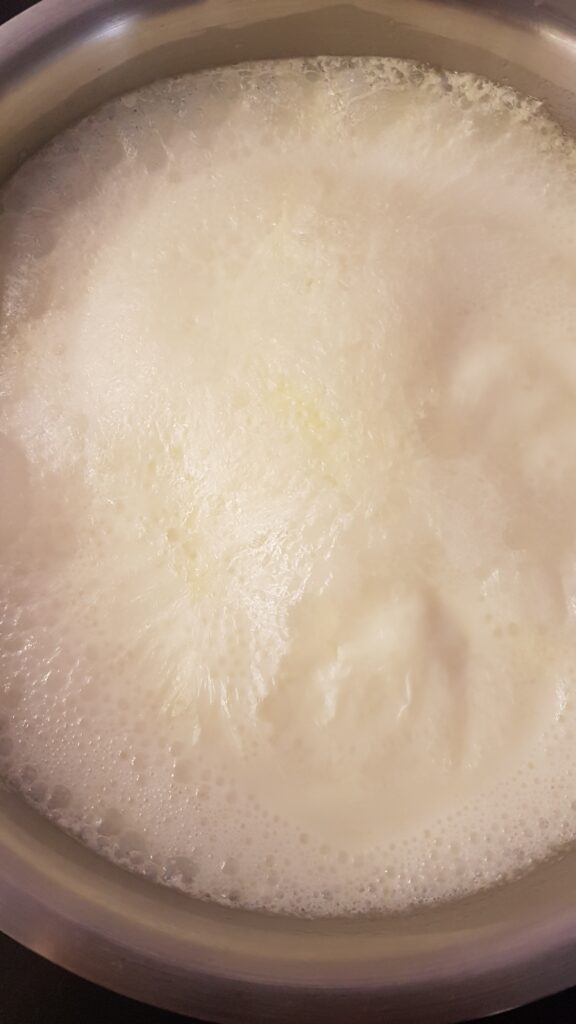
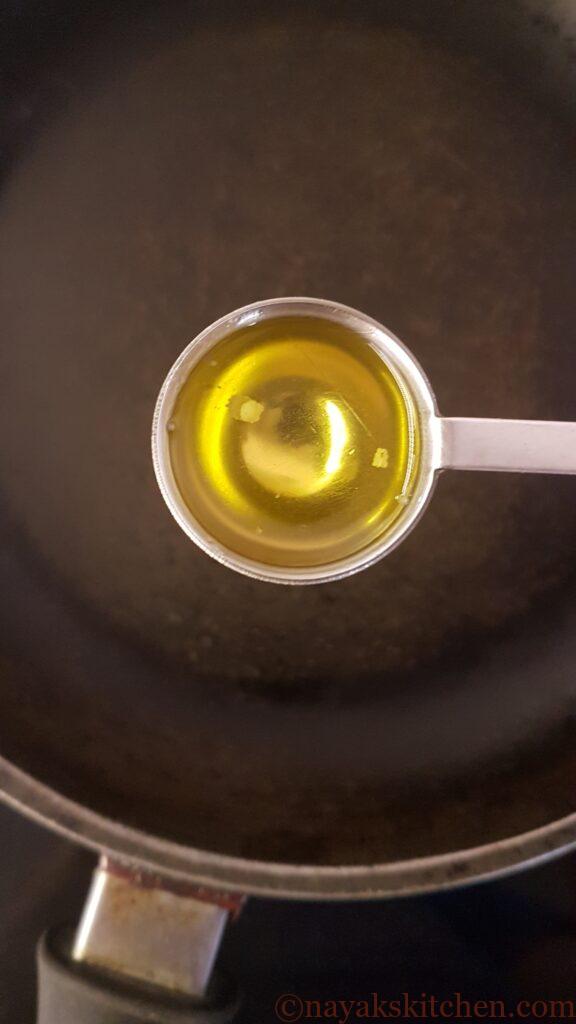
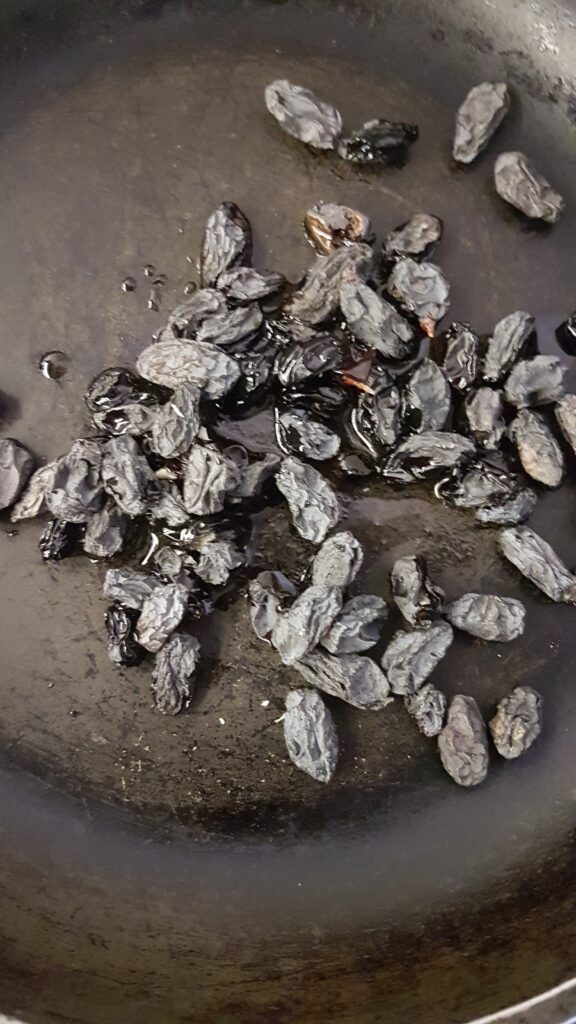
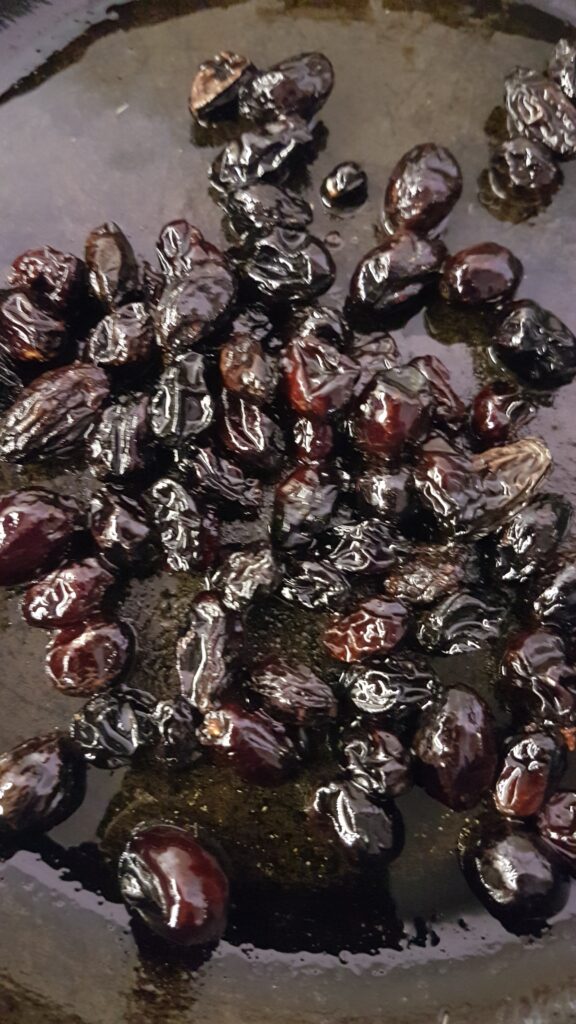
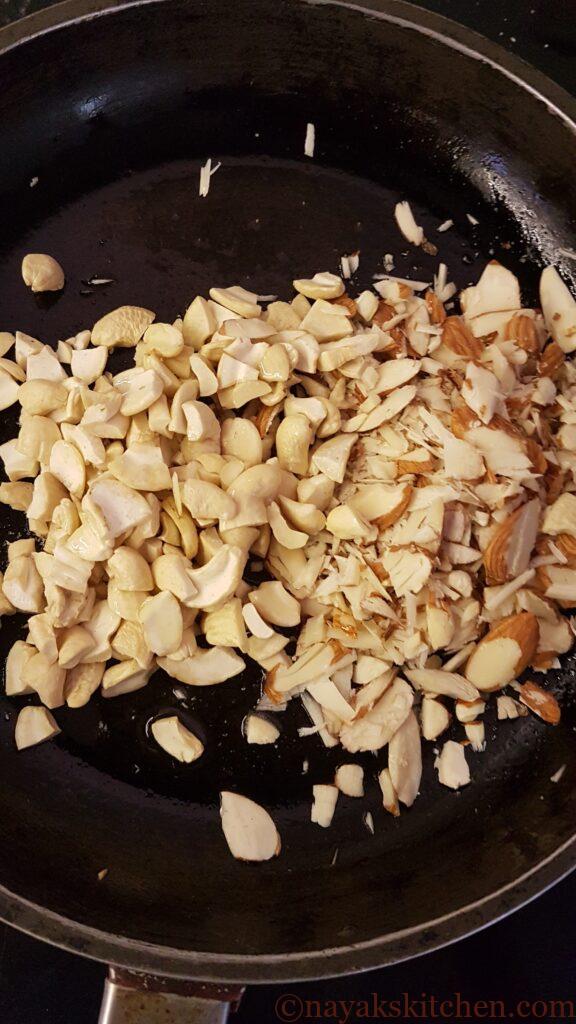
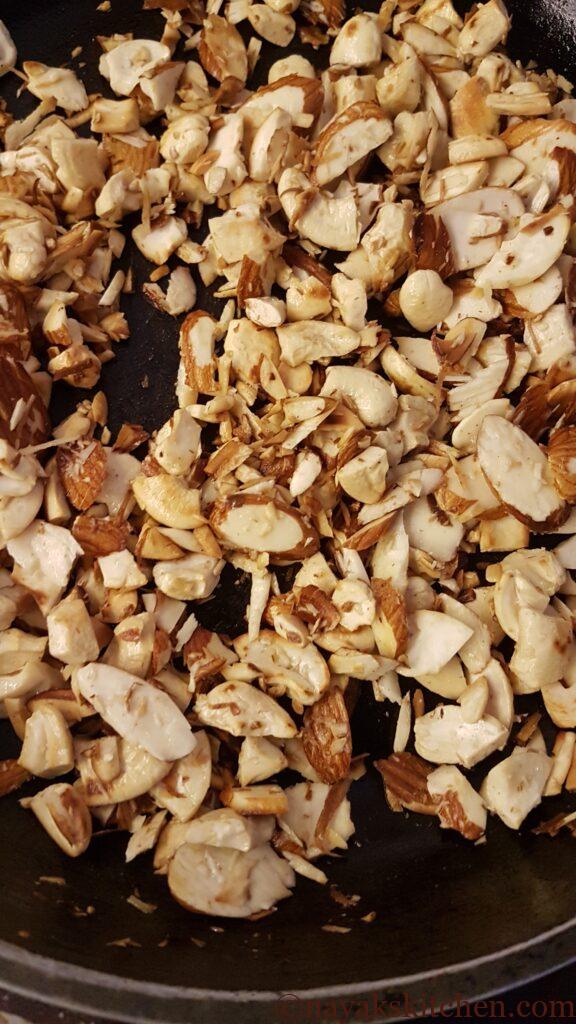
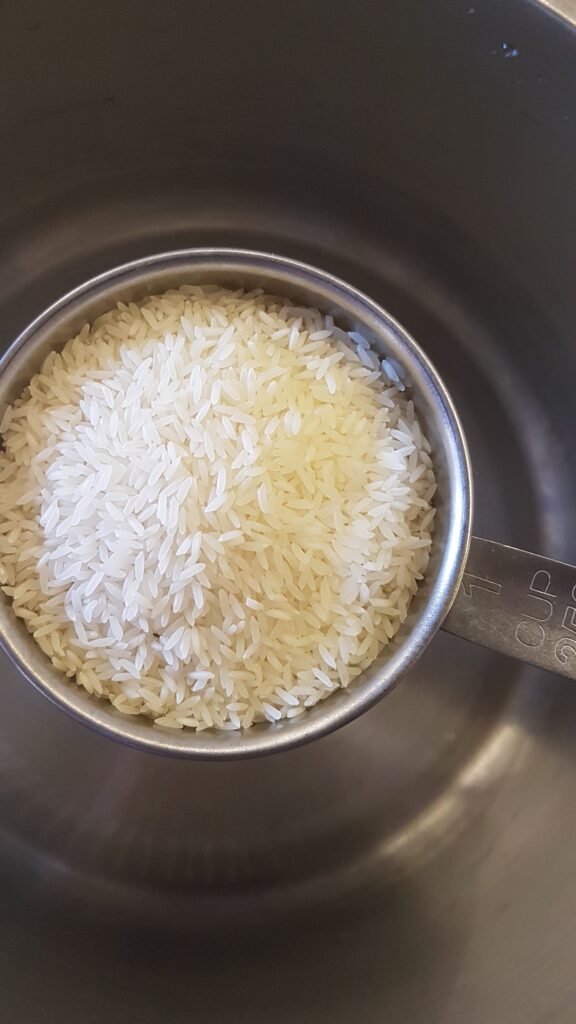
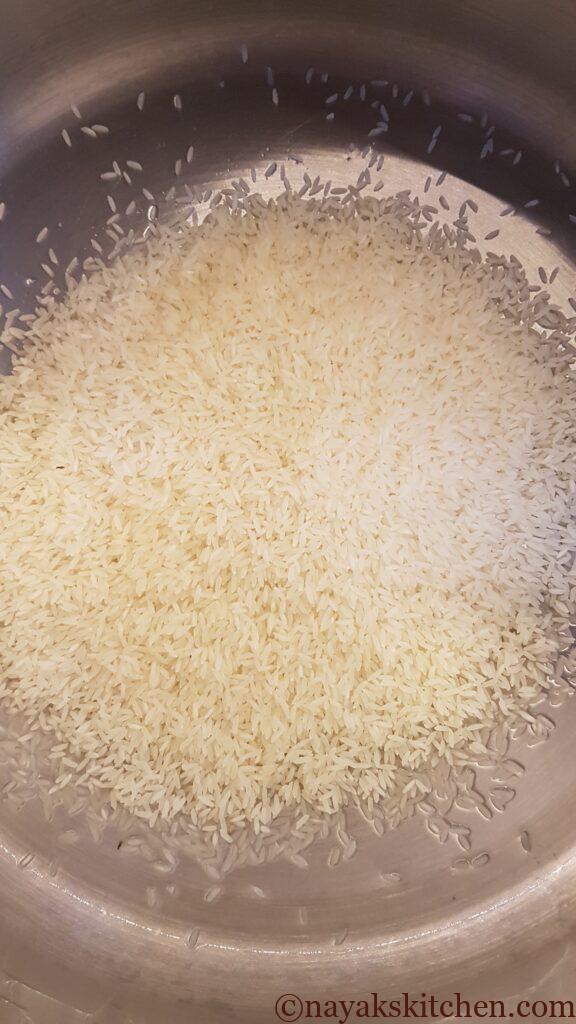
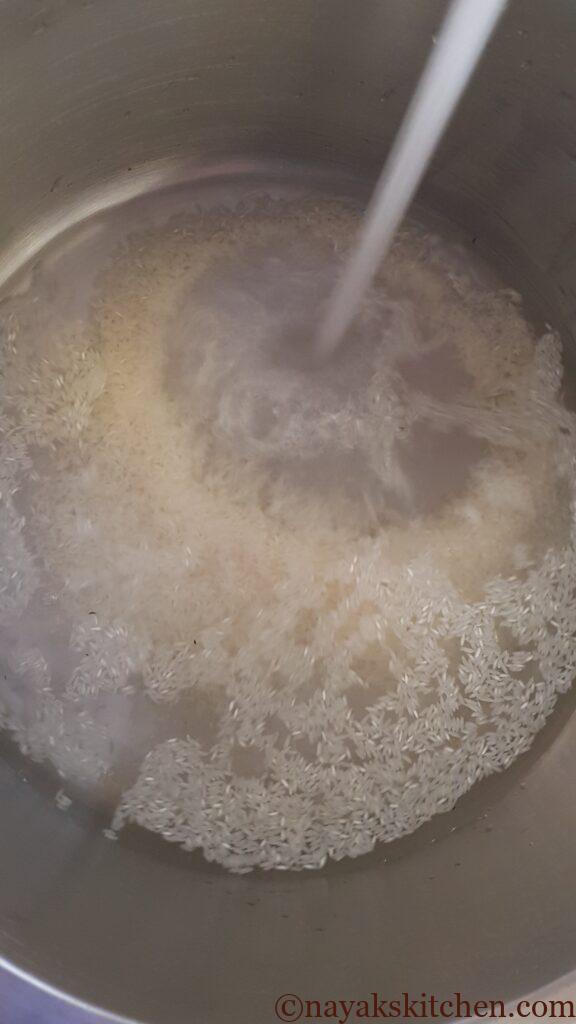
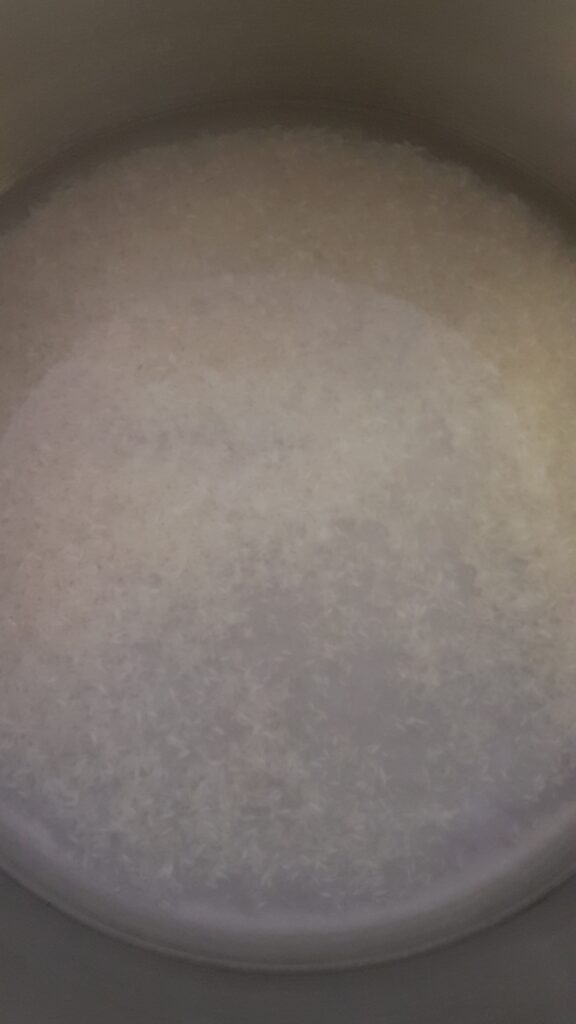
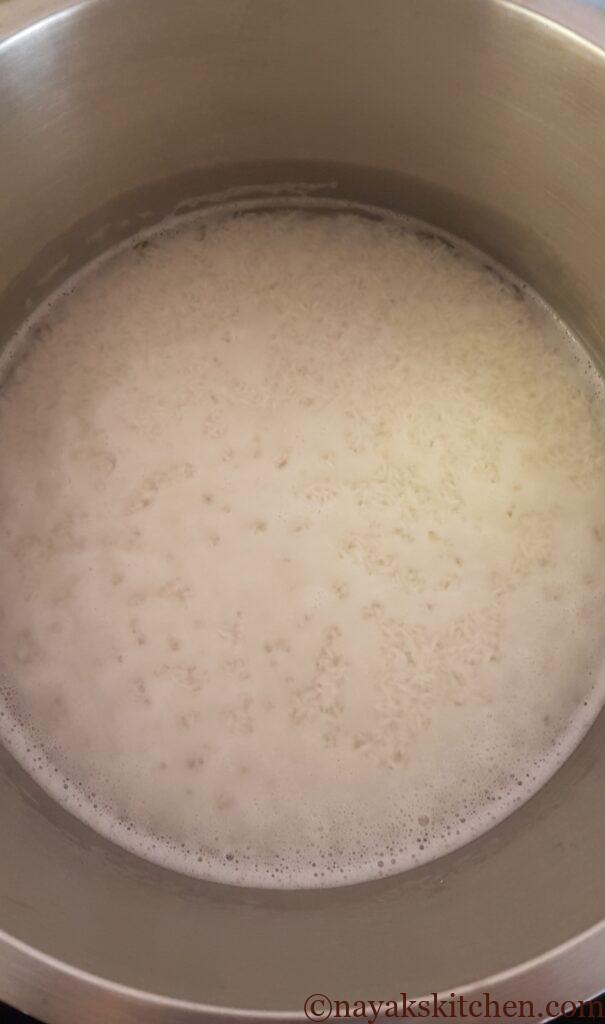
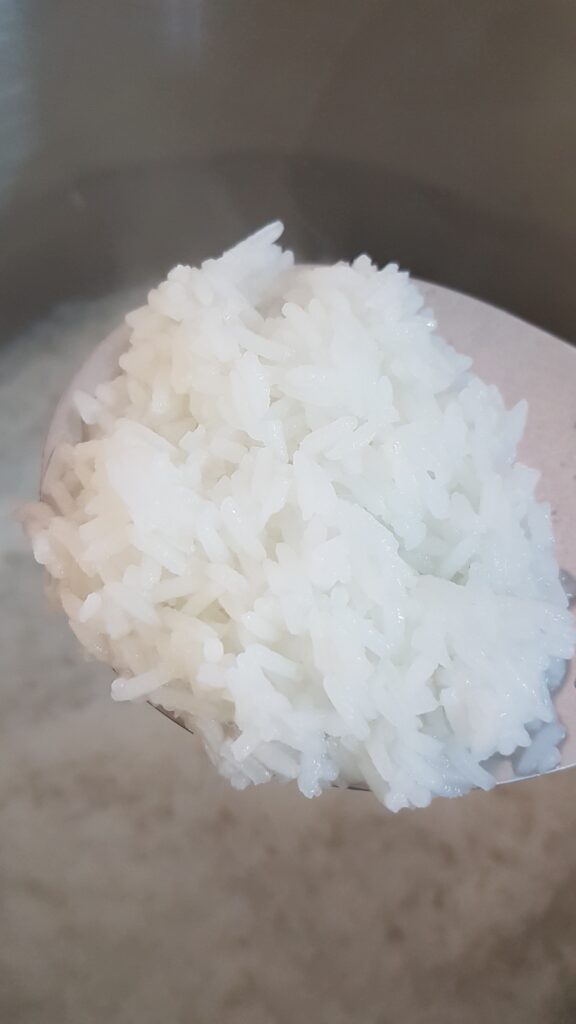
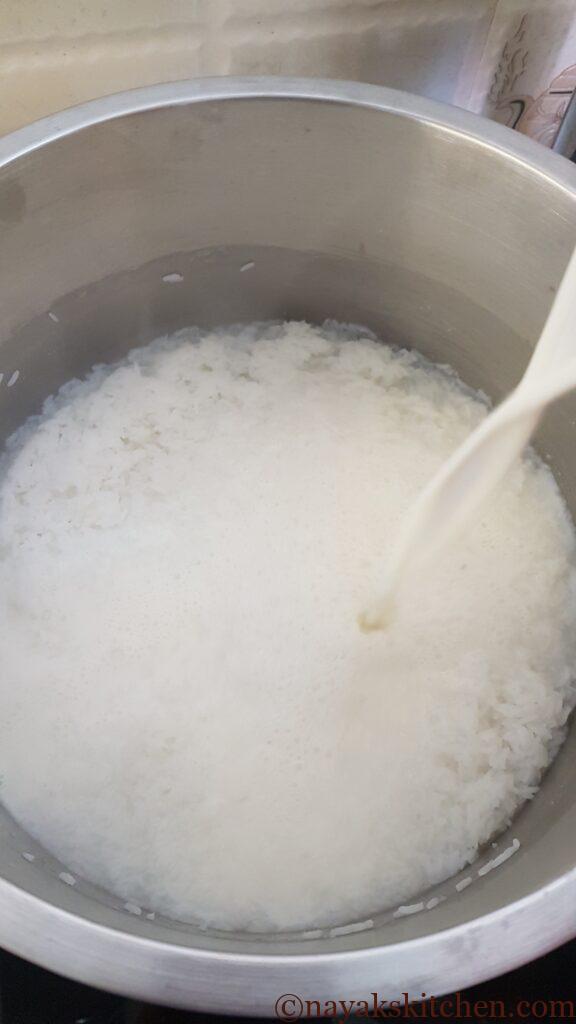
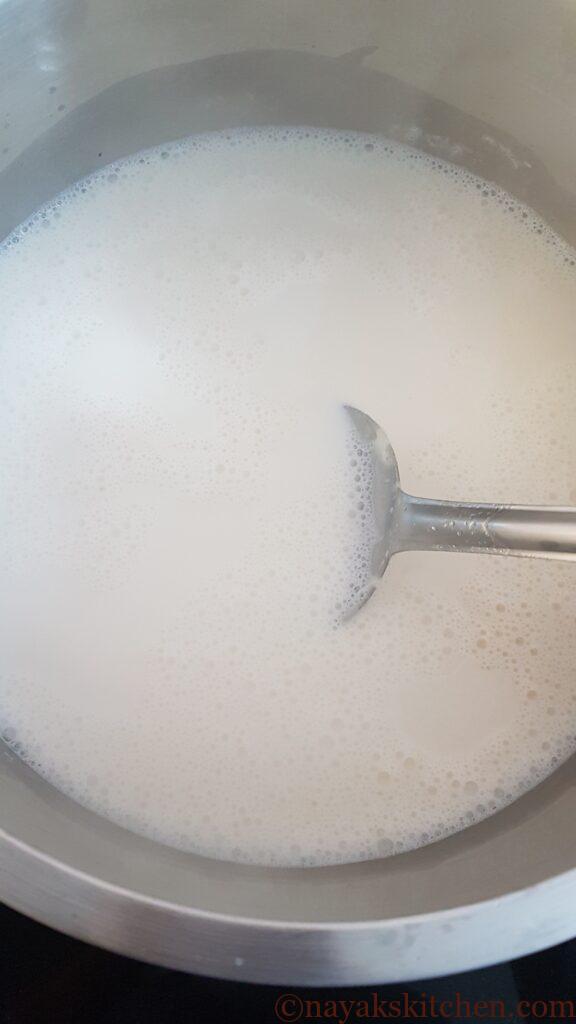
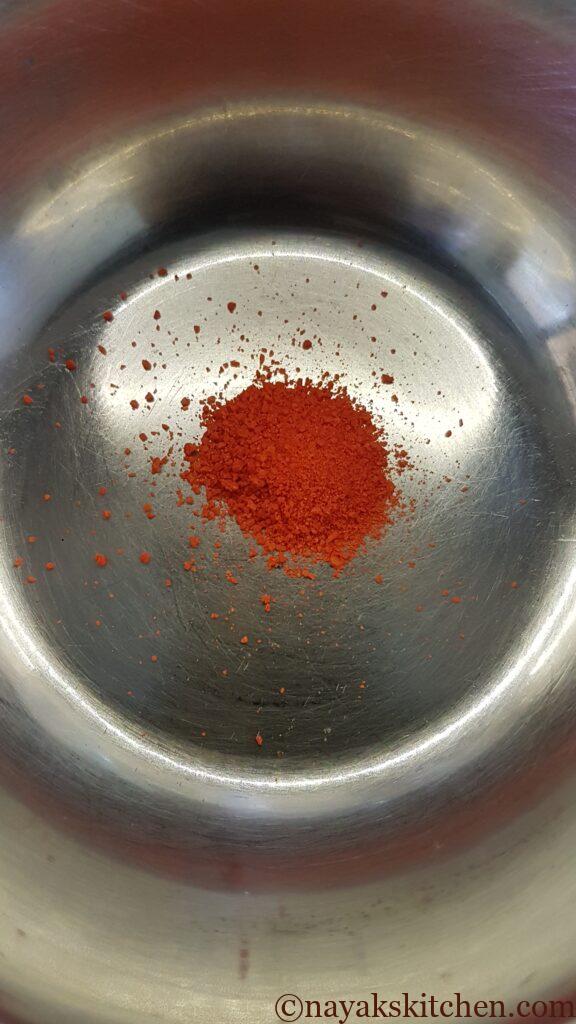
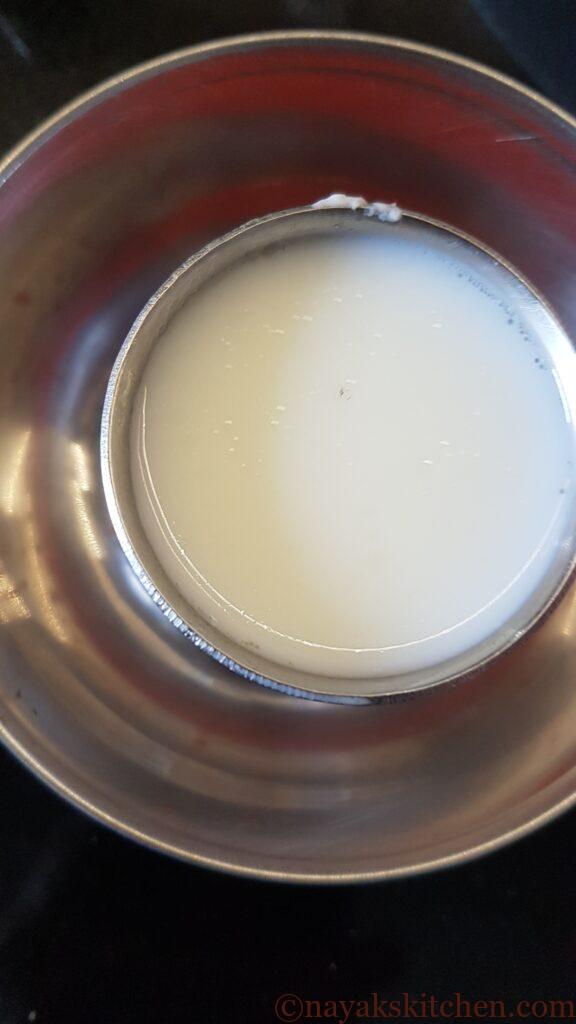
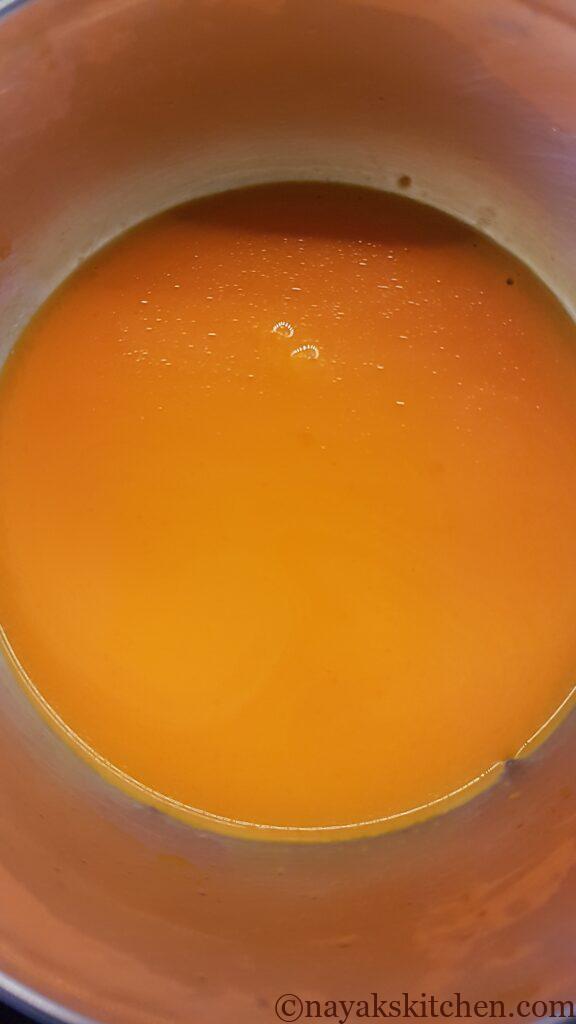
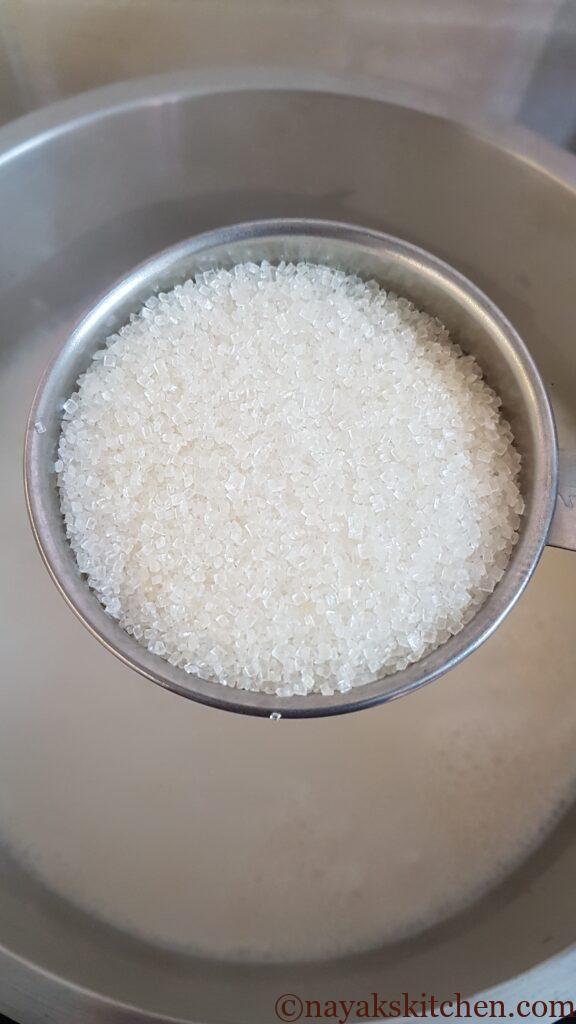
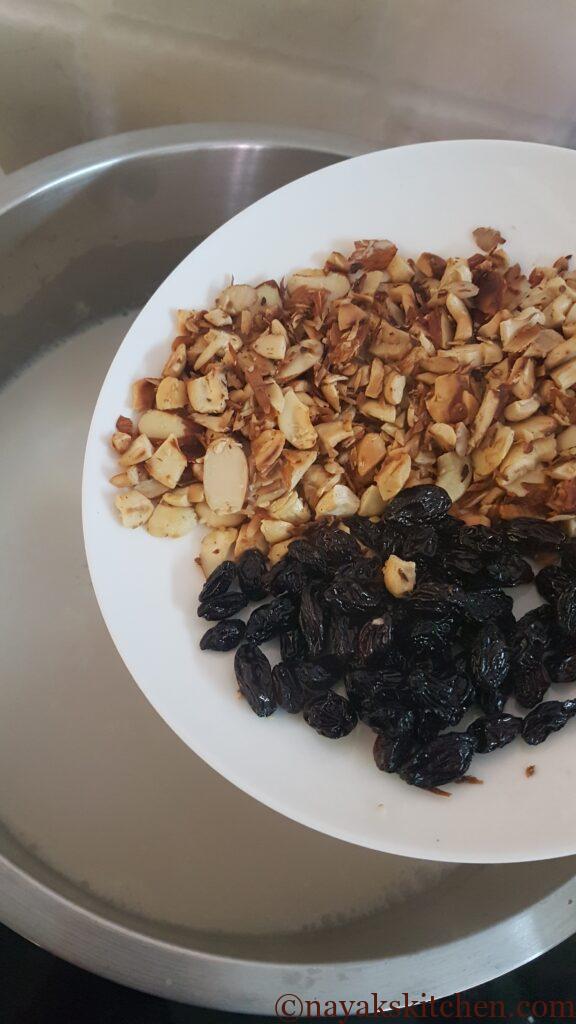
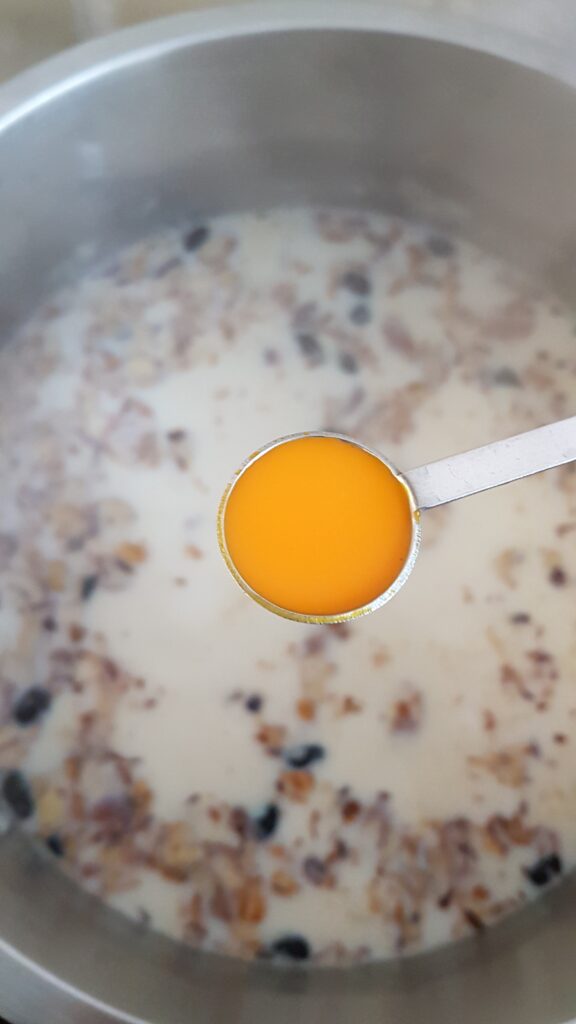
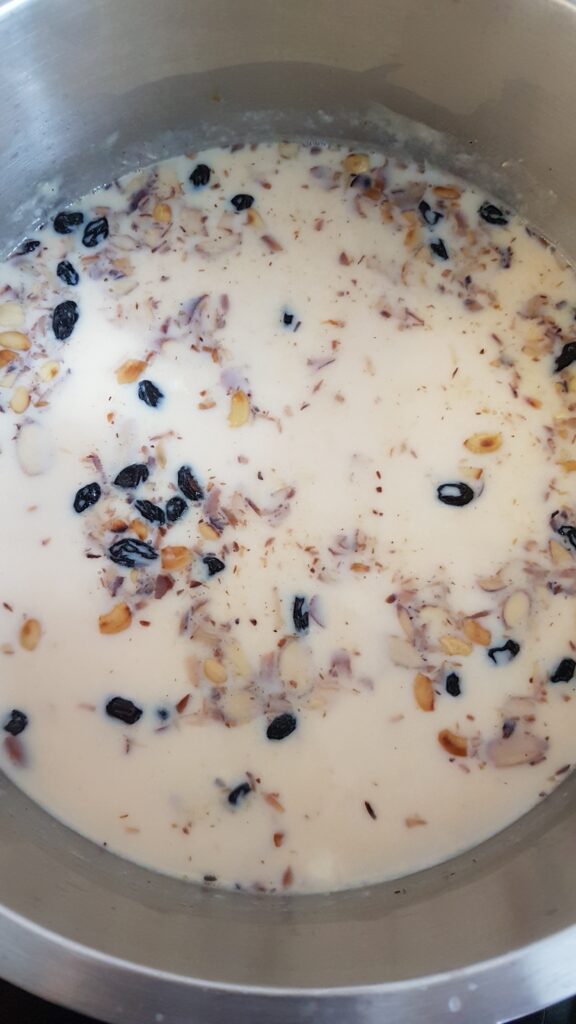
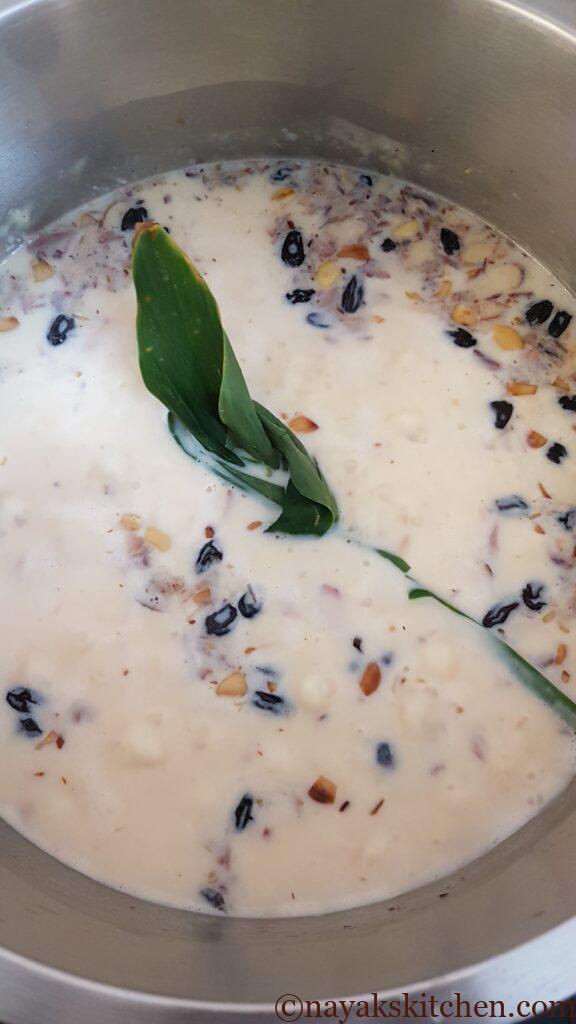
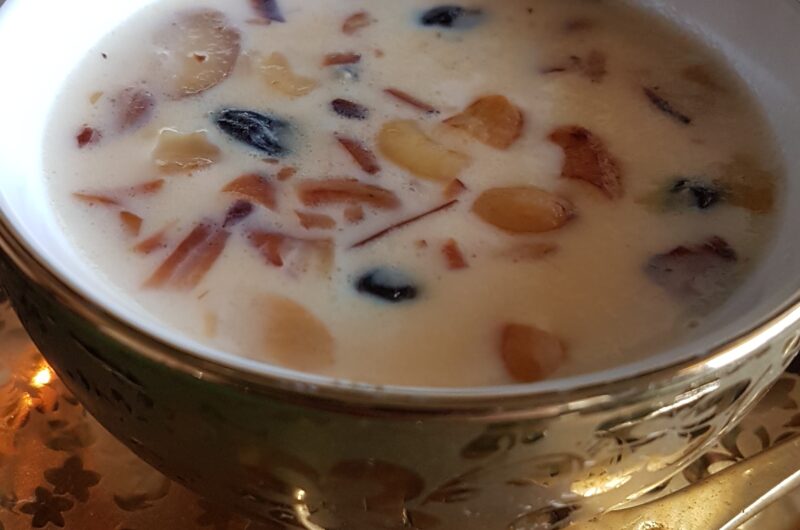



Thanks and do try the recipe.
Looks delicious and tempting to eat 👌
Looks yummy